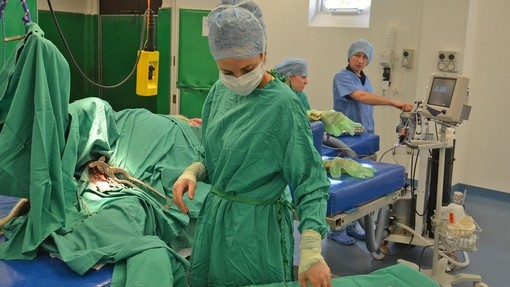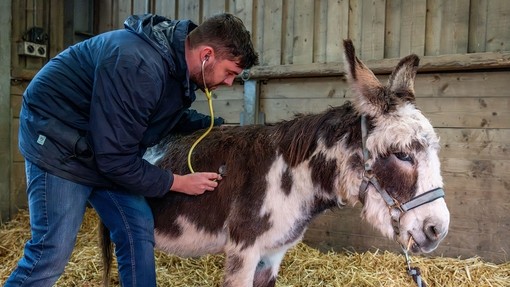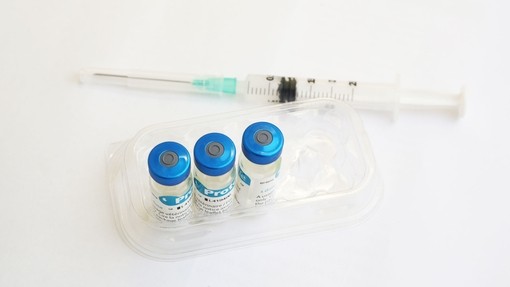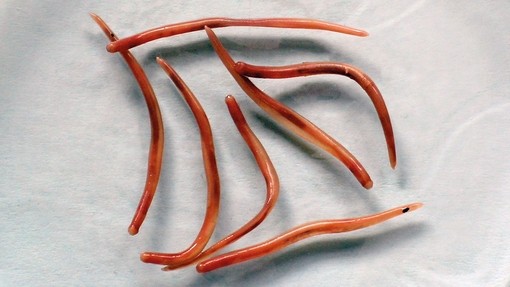The Chorionic Gonadotrophin stimulation test
In donkeys crytptorchids do not produce sufcient oestrone sulphate to use this as a reliable test so historically donkeys have been tested using the Chorionic Gonadotrophin stimulation test.
Take two blood samples for testosterone measurement:
- Prior to I/V injection of 6000iu human chorionic gonadotrophin (hCG).
- Between 30 and 120 minutes after the injection.
| Type of male | Species | Basal | Post hCG |
|---|---|---|---|
| Stallion | Donkey | 4.3-7.3 | |
| Horse | 5.0-30 | ||
| Rig (cryptorchid) | Donkey | 1.1-2.0 | 1.2-2.6 |
| Horse | 0.3-4.3 | 1.0-12.9 | |
| Gelding | Donkey | 0.05-0.30 | 0.05-0.41 |
| Horse | 0.03-0.15 | 0.05-0.19 | |
| Atrophic testes | Donkey | 0.64 | 0.67 |
Test for anti-Műllerian hormone (AMH)
A new test is available for donkeys using anti-Műllerian hormone (AMH):
Anti-Műllerian hormone is expressed in the sertoli cells of testicles, and is a reliable and sensitive test for the presence of testicular tissue.
- Take one serum sample at any time of day.
- Testing is carried out by Liphook laboratory (Hampshire, UK) and they should be contacted directly for details regarding submission of samples.
See online at www.liphookequinehospital.co.uk for more information on contacting the laboratory.
Currently the number of samples from donkeys necessary to validate this test remain low.
However; results show that:
- All negative results are reliable and AMH < 14.7 (+/- 2.4ng/ml) indicates a castrated donkey.
- A cryptorchid (rig) donkey is indicated where results are AMH >14.7 (+/- 2,4)ng/ml.
- Follow results of AMH >14.7 that indicate suspicion of a cryptorchid with an hCG test.
- If the test results do not ft the clinical picture consider using alternative testing.




